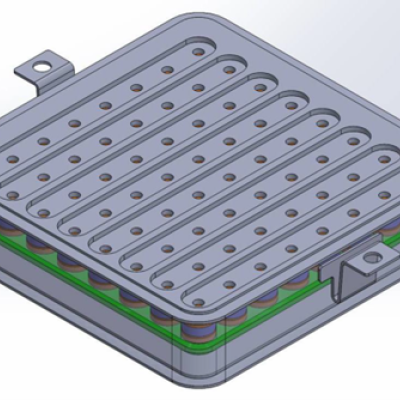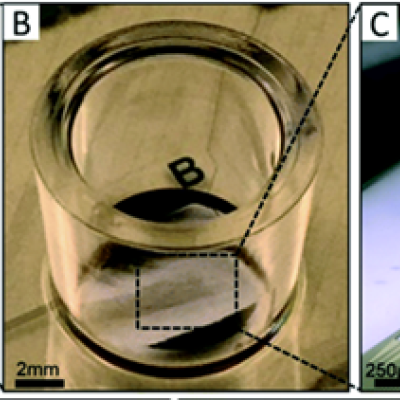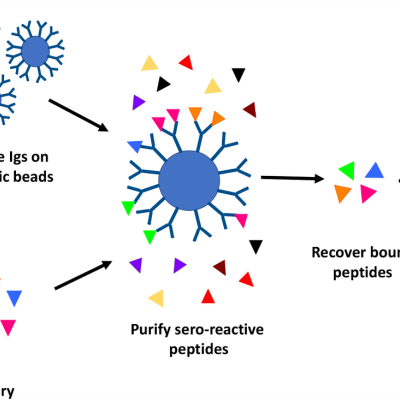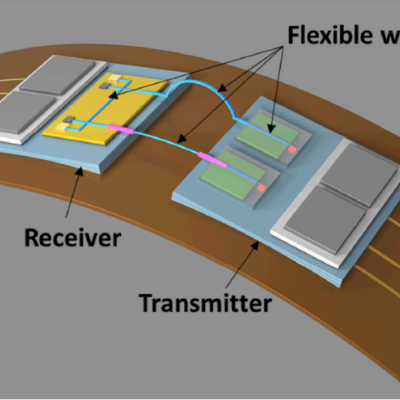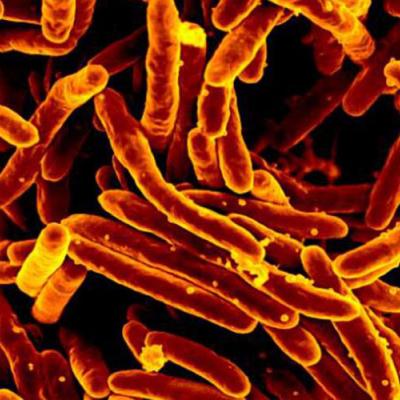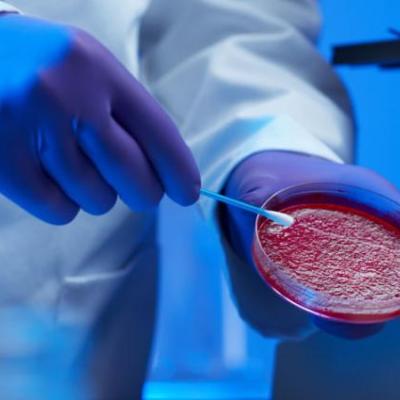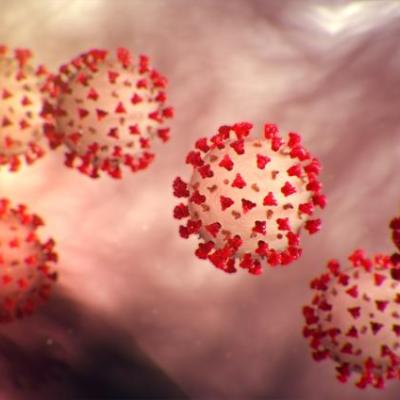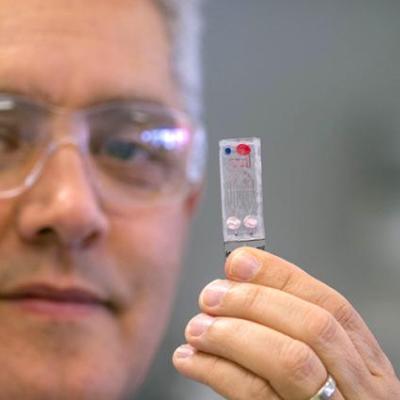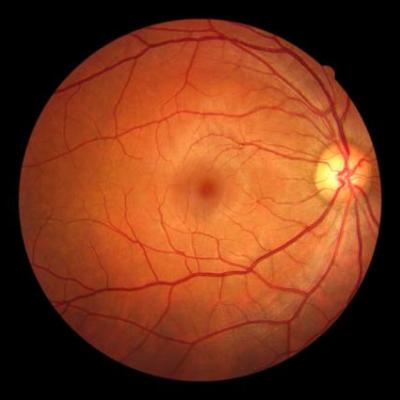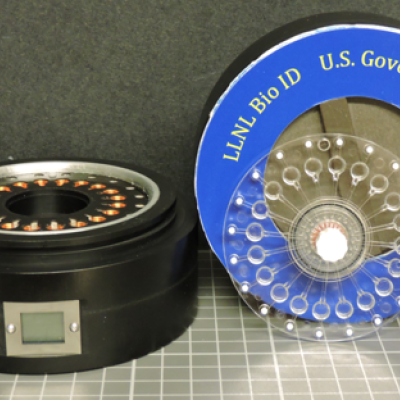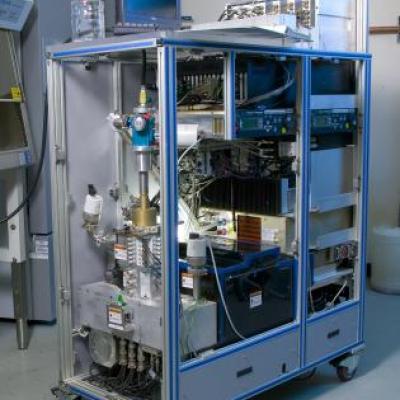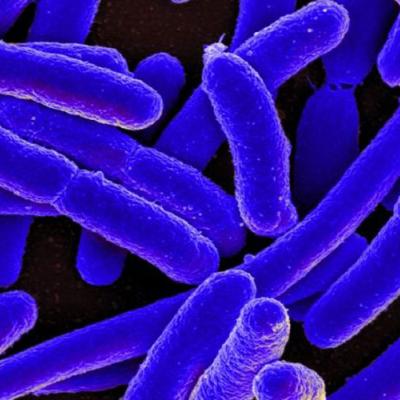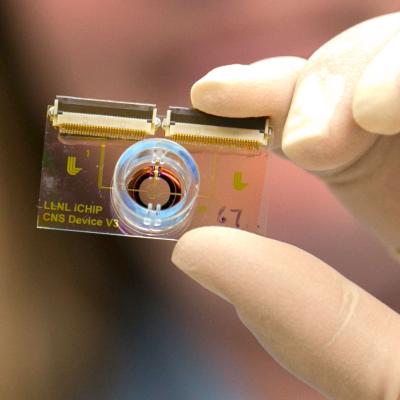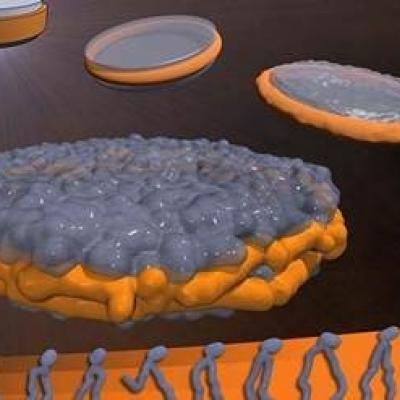This is a broad portfolio that includes all aspects of life sciences. Some of the representative areas are bioengineering (brain computer interface, chips to grow and monitor cellular activities, and bioprinting), vaccines and therapeutics (nanolipoprotein particles for the delivery of vaccines and drugs, carbon nanotubes for drug delivery, KRAS inhibitors, and anti-bacterial minerals), medical diagnostics (molecular diagnostics, point-of-care testing, imaging, and forensic), life science instrumentation (PCR instruments, rapid PCR, fluid partitioning, microfluidics, and biosensors), and methods for the extraction and purification of rare earth elements using lanmodulin and other natural/synthetic bacterial proteins.
Portfolio News and Multimedia
Following a Federal Laboratory Consortium (FLC) award win in April, Lawrence Livermore National Lab (LLNL) has received its second national recognition for collaborations surrounding the biomedical technology called nanolipoprotein particles (NLPs).
Yash Vaishnav, a business development executive within the Innovation and Partnerships Office (IPO), was recognized by the Department of Energy’s (DOE) Technology Transfer Working Group (TTWG) at its Spring Meeting, May 14-15, in Washington, D.C., for his work in negotiating the licensing agreement for LLNL’s NLP technology to EVOQ Therapeutics (EVOQ) — winning TTWG’s “Best in Class” award for licensing.
In a substantial milestone for supercomputing-aided drug design, Lawrence Livermore National Laboratory (LLNL) and BridgeBio Oncology Therapeutics (BridgeBio) today announced clinical trials have begun for a first-in-class medication that targets specific genetic mutations implicated in many types of cancer.
LLNL Innovation and Partnerships Office (IPO) Business Development Executive Yash Vaishnav negotiated the CRADA with BridgeBio subsidiary Theras, as well as the license agreement for the drug candidate with BridgeBio Oncology Therapeutics. Vaishnav also manages the intellectual property portfolio of KRAS inhibitors developed under the CRADA and the relationship with his counterparts at BridgeBio.
Funding from the Joint Program Executive Office for Chemical, Biological, Radiological and Nuclear Defense (JPEO-CBRND) will expand A-Alpha's partnership with Lawrence Livermore National Laboratory (LLNL) in support of the Generative Unconstrained Intelligent Drug Engineering (GUIDE) program. This announcement follows two years of successful collaboration between A-Alpha and LLNL – beginning with coronaviruses and expanding to multiple undisclosed pathogen families of concern – in which A-Alpha’s AlphaSeq data has been used to train ML models that predict antibody-antigen binding.
To learn more, see today’s press release here and coverage in Genetic Engineering & Biotechnology News.




